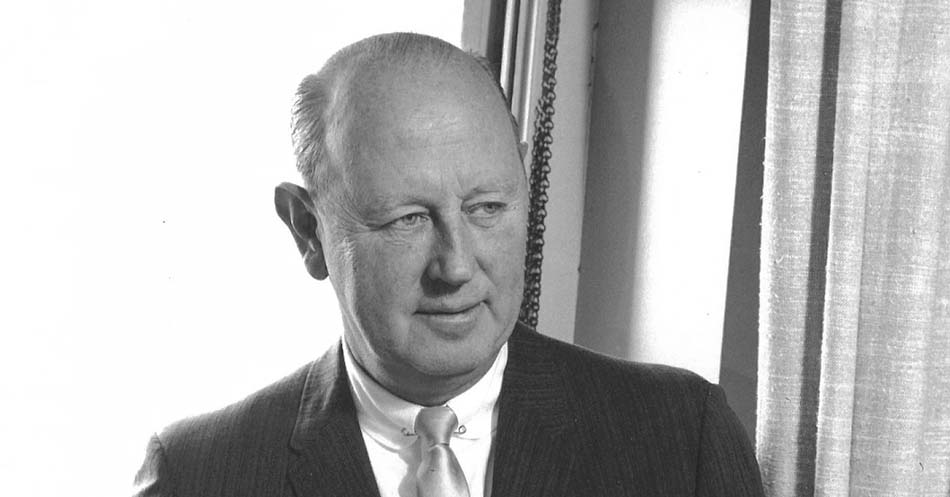Watch Previous Lectures
Healing the House Divided: A Conversation with Congressman John Katko
Four-term elected U.S. Representative John Katko (R-NY) joined Syracuse University's Vice Chancellor, Provost, Chief Academic Officer and political science scholar Gretchen Ritter for a discussion reflecting on his legislative record, the polarized political climate and his experience during his eight years in Congress.
Rethinking the Government-Business Relationship: We Need Each Other More than Ever
This symposium brought together three national leaders who have worked at the intersection of building the marketplace and strengthening relationships between government agencies at the federal, state and local levels and in private commercial firms.
Speakers: Anne Rung, Administrator, Office of Federal Procurement Policy; Stan Soloway, Founder, Celero Strategies, LLC; and Lloyd Blanchard, Director, Finance and Monitoring Services, IEM
March 31, 2016
Can the Banking System Regulate Itself? Is Government Regulation an Improvement over Laissez Faire?
With guest speaker Lawrence White, professor of economics at George Mason University who is best known for his work on free banking
March 26, 2015
The Louis A. Bantle Chair in Business and Government Policy
The Bantle Chair at the Maxwell School supports the research of graduate students and holds an annual symposium as well as hosts many prominent guest speakers throughout the academic year. The chair was established in 1990 by Louis F. Bantle and UST, Inc.
